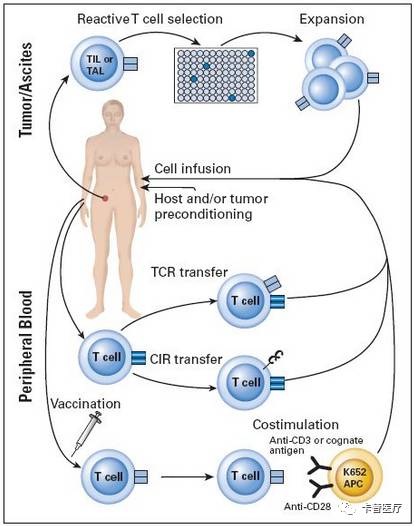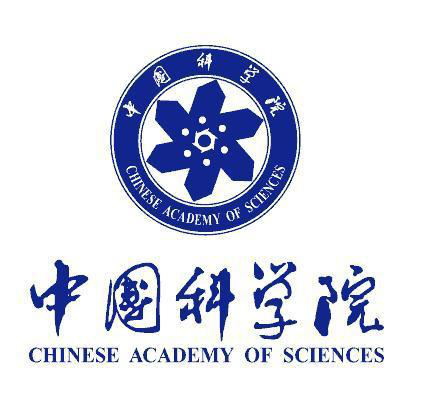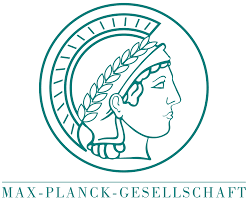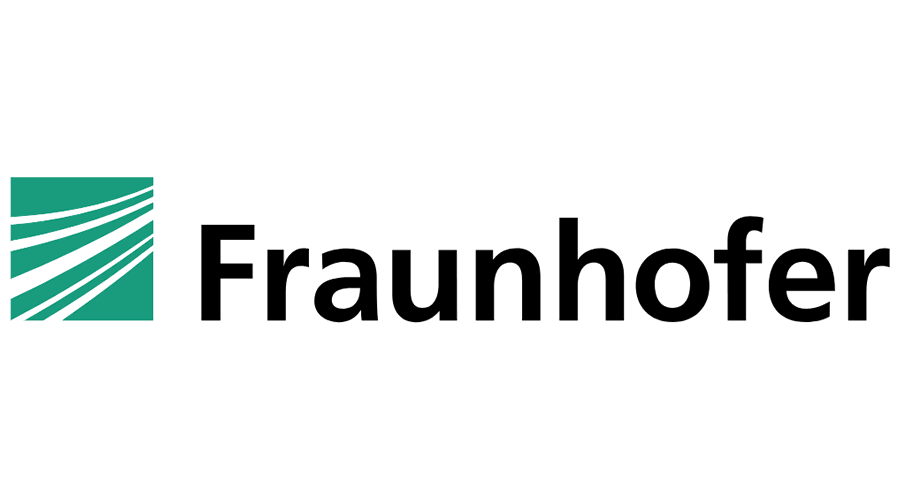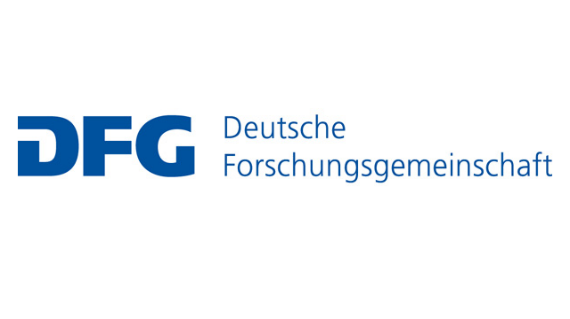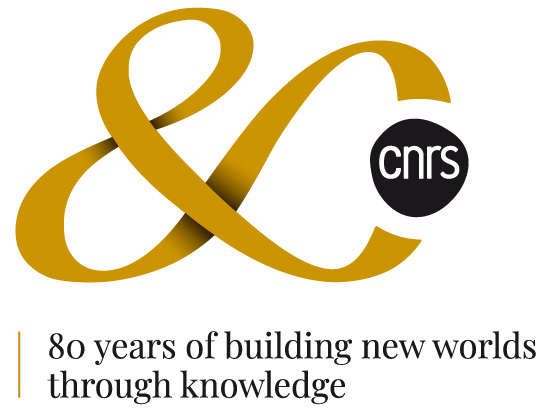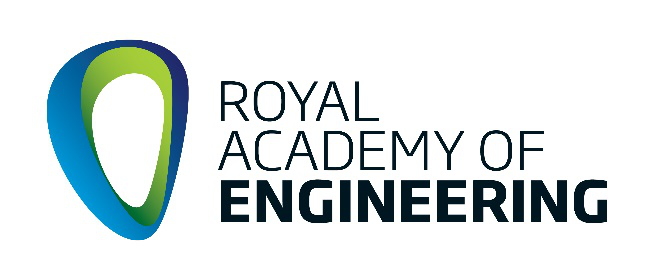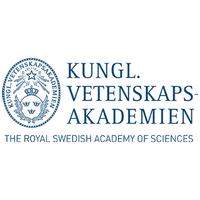Research on Individualized Immunotherapy for Cancer
With the rapid development of genomic sequencing technology and bioinformatics, it has become possible to sequence tumor-specific mutations in each patients genome and screen individualized new antigens. Whole-genome sequencing opens up a ne...
Research on Individualized Immunotherapy for Cancer
Fleming Research Institute of Life Sciences
With the rapid development of genomic sequencing technology and bioinformatics, it has become possible to sequence tumor-specific mutations in each patient's genome and screen individualized new antigens. Whole-genome sequencing opens up a new path for individualized cancer treatment. With the rapid development of sequencing technology, whole genome sequencing can be completed within 24 hours, and analysis of sequencing data can be completed within 24-48 hours. Therefore, in theory, each patient can be provided with whole-genome sequencing and analysis, and the optimal treatment plan can be selected based on the patient's own tumor genome information.
The Cancer Center of the Nan Yang Academy of Sciences collaborates with the bioinformatics technology team of relevant scientific institutions. By sequencing the entire exon gene of cancer tissue and combining the prediction of binding affinity for human leukocyte epitopes, the cancer neonatal antigen for each patient can be identified, evaluated, and selected. An individualized cancer vaccine based on a mutated neoantigen is of great significance for the treatment of cancer. The approach of individualized cancer vaccine is also the best way to ensure that every cancer patient has an anti-tumor immune response.
1. Stage Research Goal and The Key Science Problems to be solved
(1) Research Goal
In this study, by preparing individualized neonatal antigen cancer vaccines, the anti-tumor immune responses of cancer patients are achieved, which inhibit tumor growth or cause tumor shrinkage.
(2) Key Science Problems to be solved
a. The first key issue of this study is to screen cancer neonatal antigens;
b. The key technical issue of this research is the preparation of individualized neonatal antigen cancer vaccines;
c. The key problem to be solved in this study is to make cancer patients have anti-tumor immune response, which inhibit tumor growth or cause tumor shrinkage.
2. Existing Research Result (Patents, SCI Papers)
Related papers to be published and related patents pending.
3. Features and Innovations of the Project
a. Anticancer immune response achieved by preparing individualized neonatal antigen cancer vaccine;
b. Conduct clinical trials of cancer neonatal antigen vaccines in patients.
4. Annual Research Plan and Expected Research Results (Including Important Academic Exchange Activities to be Organized and International Cooperation and Exchange Plan, etc.)
(1) Annual Plan
January 2019 - December 2019, complete screening of cancer neonatal antigens for patients;
January 2020 - December 2020, complete preparation of personalized neonatal antigen cancer vaccine;
January 2021 - December 2021, complete clinical trials of anti-tumor immune response in cancer patients.
(2) Expected Research Results
a. Screen out representative cancer neonatal antigens;
b. Obtain individualized neonatal antigen cancer vaccine;
c. Analyze clinical data from antitumor immune responses in cancer patients;
d. Apply for patents, publish 8-10 high-quality SCI papers, organize important academic exchange activities, and train graduate students.
